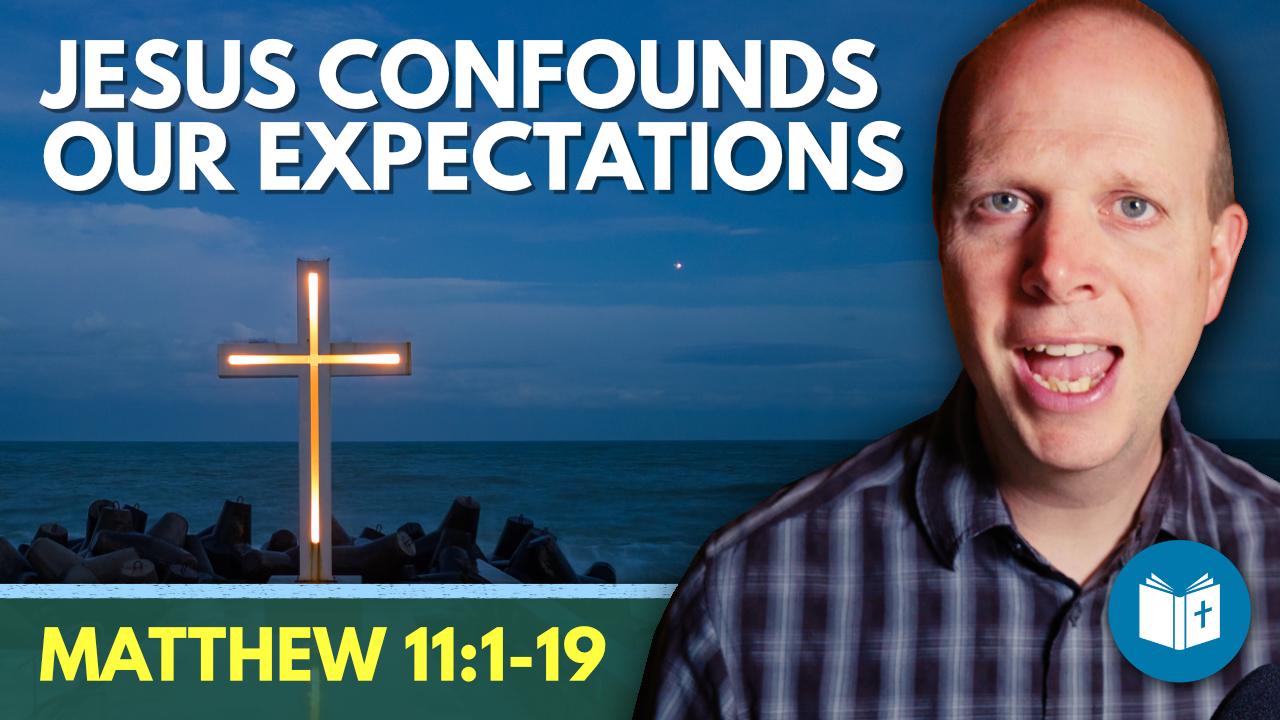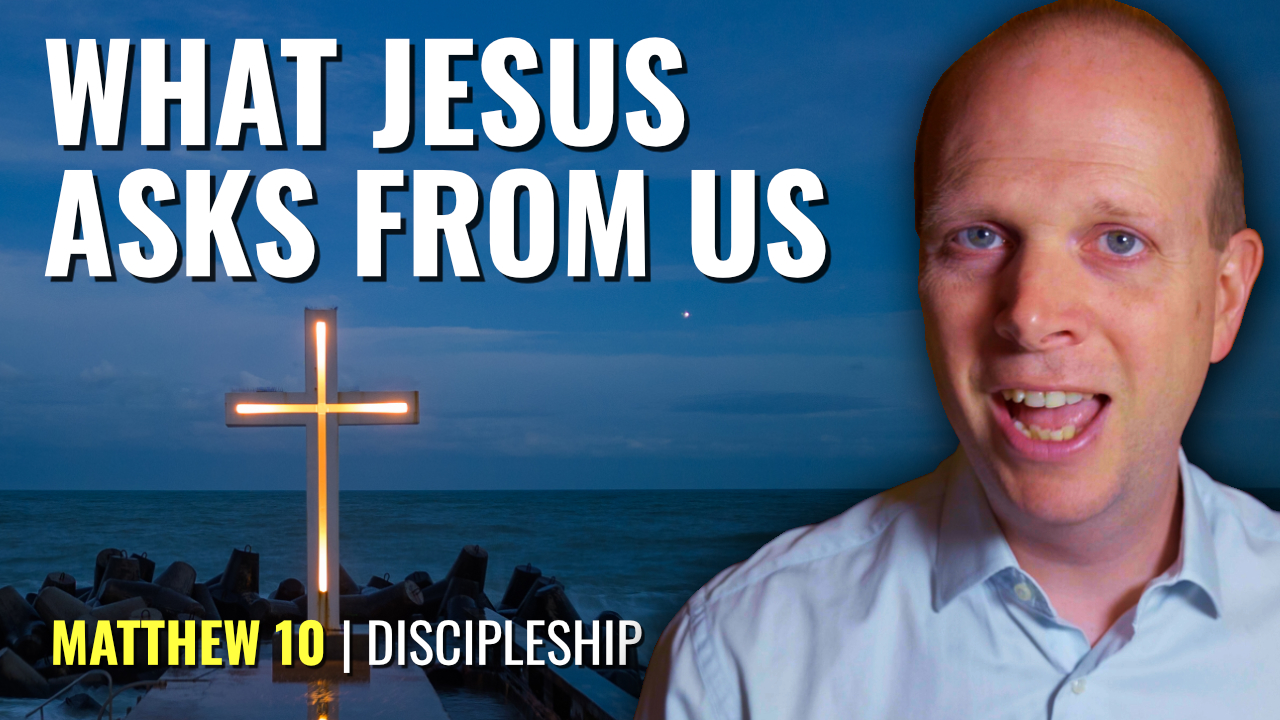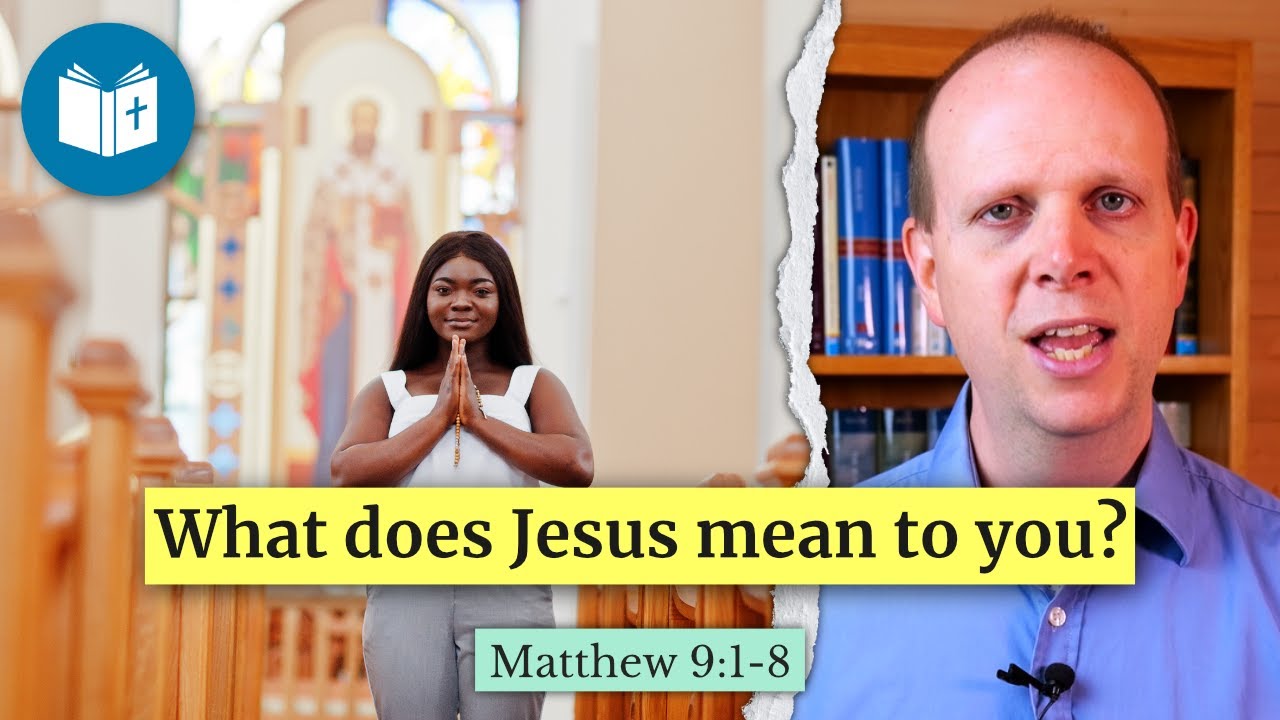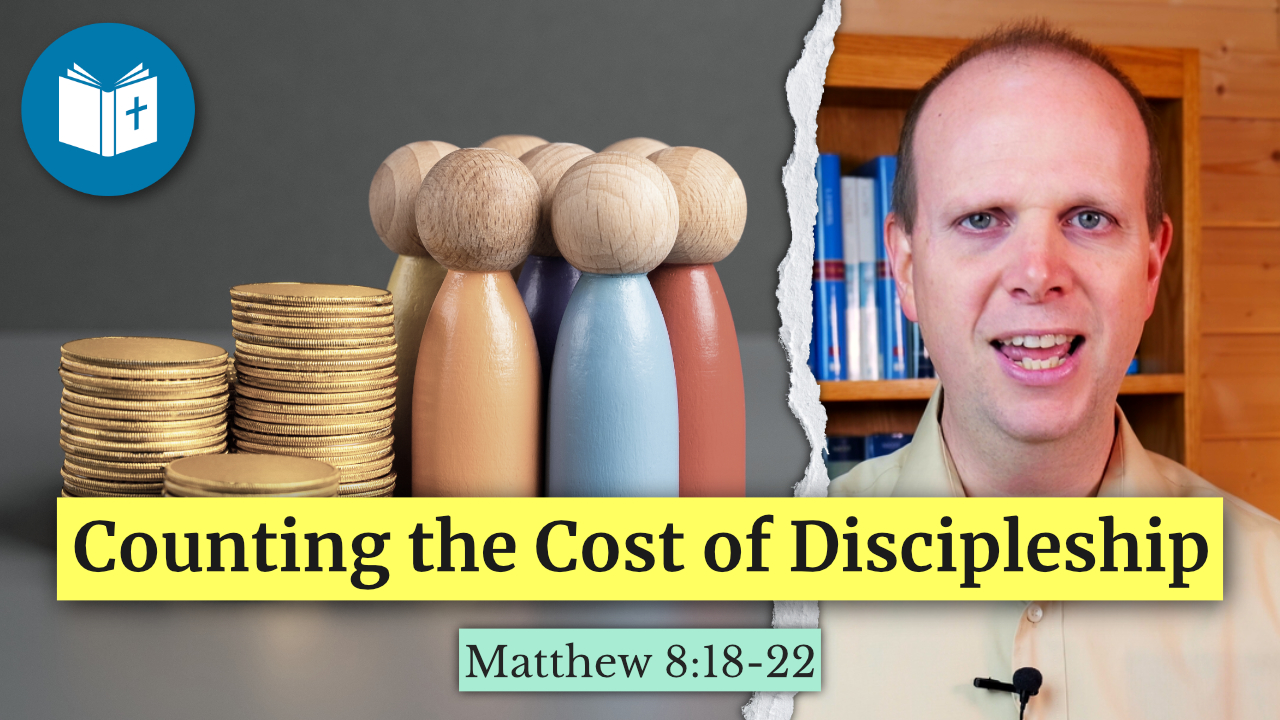What is the biggest barrier to knowing Jesus? One of the biggest barriers we have is our own expectations. We come to Jesus, expecting him to be a certain way, but if he does not meet our expectations it challenges us: will we let Jesus be Jesus in our lives, or will we ignore him because he didn’t meet our expectations?
If you appreciate Understand the Bible, please join us on Substack!








